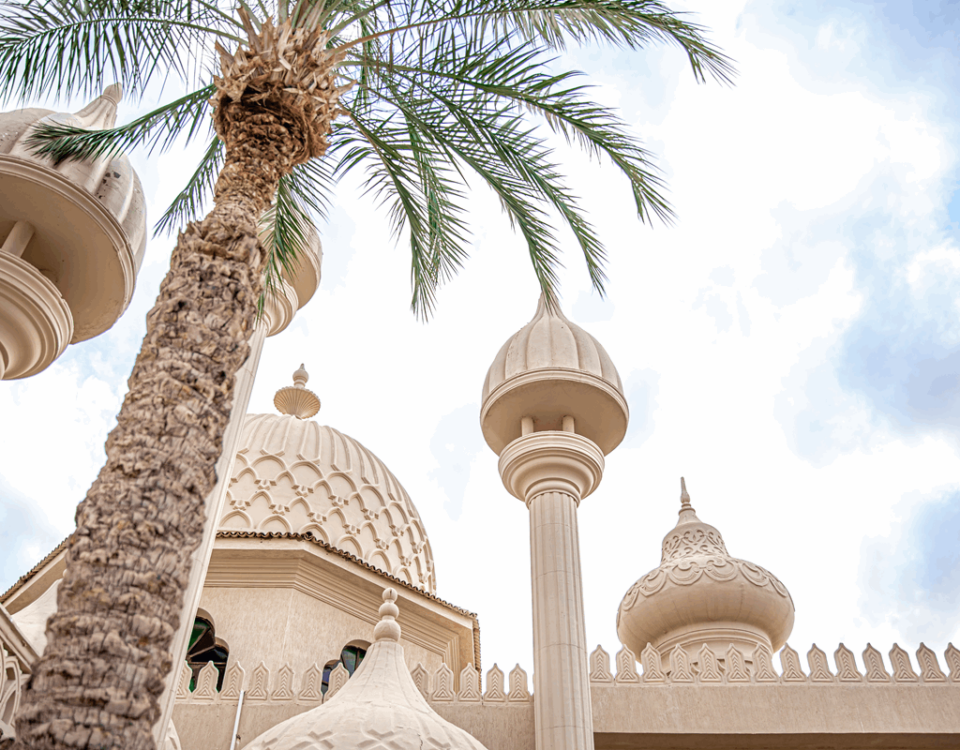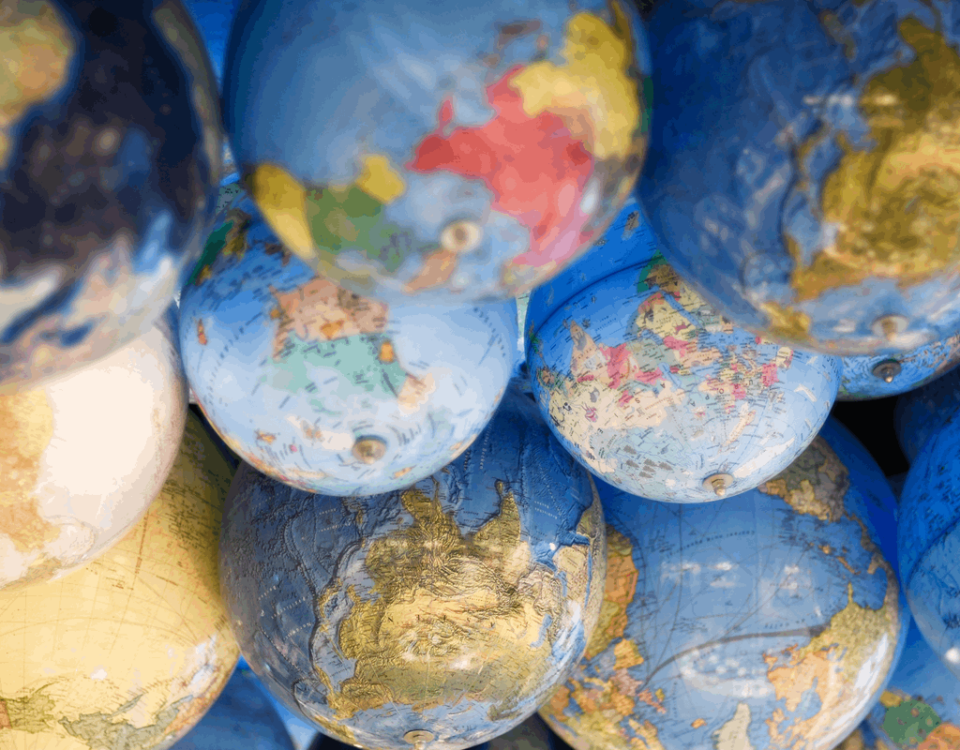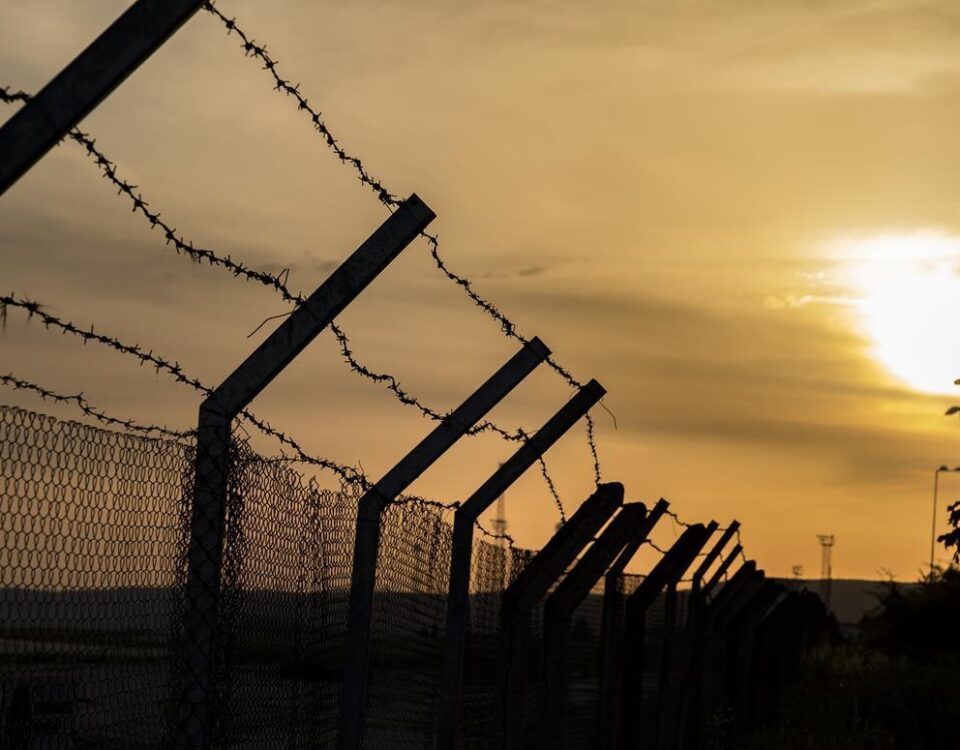
Texas Upholds Justice as Execution of Steven Nelson Approaches
February 6, 2025
Patricia Arquette was ✨PREPARED✨ for Hot Ones Versus 👀
February 7, 2025Truth Of Palestinians Hierarchy In Muslim World
Since President Trump came up with a new idea about what to do with the people of Gaza all of a sudden everyone is an expert of the Middle East. The dirty little secret is no Muslim country wants to take in the Palestinians and they have their reasons. The Muslim world is composed of a wide range of cultures, countries, and traditions, but there exists a complex hierarchy among the nations, driven by factors such as political power, economic wealth, religious influence, and historical roles. Among the various dynamics at play in the Muslim world, the positions of countries like Jordan, Saudi Arabia, and the Palestinians within this hierarchy are significant and revealing.
At the top of the hierarchy are the wealthier and more politically influential countries such as Saudi Arabia and Jordan. Saudi Arabia is often seen as the leader of the Arab Muslim world due to its wealth, primarily derived from its vast oil reserves and its religious significance. The Kingdom is home to Mecca and Medina, two of the holiest cities in Islam, and its role as the custodian of Islam’s most sacred sites places it in a position of great religious influence. The Saudi royal family has historically maintained strong alliances with Western powers, particularly the United States, which has bolstered its global standing and political clout.
Furthermore, Saudi Arabia’s leadership of the Gulf Cooperation Council (GCC), which includes several of the wealthiest and most powerful states in the Arab world, consolidates its role at the forefront of the Arab-Muslim political order. Saudi Arabia has also exerted significant influence in both regional politics and the broader Muslim world through its financial support for various causes, including humanitarian aid, investments, and its financial backing of Islamic institutions and mosques across the world.
Jordan, though less economically influential than Saudi Arabia, holds a different but still important position. The Hashemite Kingdom of Jordan has historically enjoyed a special relationship with the West and with its neighbors. Its monarch, King Abdullah II, has often positioned himself as a moderate voice in the Arab world and a key ally to Western powers, particularly in the Middle East peace process. The country’s stability, relatively secure geopolitical positioning, and role in efforts toward Palestinian-Israeli peace have helped cement its place in the higher echelons of the Arab world. However, Jordan’s smaller economy, dependence on aid, and lack of substantial natural resources mean that it does not exert the same level of global influence as Saudi Arabia, but it still enjoys a respected position within the Arab League.
At the bottom of the hierarchy, one can consider the Palestinians, who, despite their centrality in the broader Middle Eastern political and religious discourse, have faced marginalization within the wider Arab world. The plight of the Palestinians, specifically their ongoing struggle for statehood and self-determination, is a cause that many Arab nations have rallied around, yet this support often remains largely rhetorical rather than tangible. The Palestinian cause has become a symbol of broader Arab unity and resistance against Israeli occupation, but the political and economic conditions within the Palestinian territories—especially under the rule of the Palestinian Authority and Hamas in the Gaza Strip—have limited their ability to influence regional dynamics.
Despite the importance of the Palestinian issue in Arab politics, the Palestinian leadership has often been criticized for internal divisions, corruption, and an inability to build a unified front that could challenge Israeli policies effectively. Furthermore, many Arab nations have prioritized their own geopolitical and economic interests over the Palestinian cause, with some even engaging in diplomatic normalization with Israel, further complicating the status of the Palestinian people in the Arab world’s hierarchy.
This hierarchy is further complicated by the shifting dynamics of the broader Muslim world, where countries like Turkey, Iran, and even Indonesia exert significant influence. However, the power structures within the Arab world continue to shape and reflect these relationships, with Saudi Arabia and Jordan generally at the top due to their wealth, strategic alliances, and religious significance, while Palestinians remain, to an extent, marginalized within the region’s political and cultural structures. This hierarchy is driven by a combination of religious, political, and economic factors, but it remains fluid and constantly shifting as new dynamics emerge with Trump’s idea for the Gaza Strip.
C. Rich
CRich@AmericapeaksInk.com

C. Rich is the voice behind America Speaks Ink, home to the America First Movement. As an author, poet, freelance ghostwriter, and blogger, C. Rich brings a “baked-in” perspective shaped by growing up on the streets and beaches of South Florida in the 1970s-1980s and brings a quintessential Generation-X point of view.
Rich’s writing journey began in 2008 with coverage of the Casey Anthony trial and has since evolved into a wide-ranging exploration of politics, culture, and the issues that define our times. Follow C. Rich’s writing odyssey here at America Speaks Ink and on Amazon with a multi-book series on Donald Trump called “Trump Era: The MAGA Files” and many other books and subjects C. Rich is known to cover.
“America Speaks Ink is a Google News approved source for Opinion”





